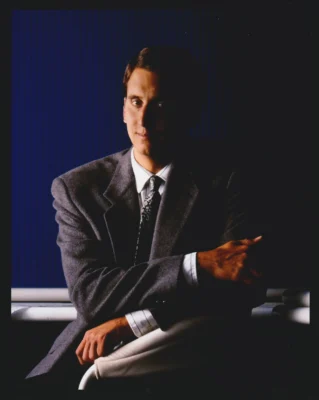The draconian changes which have affected workers in the tradeshow industry mirror the problems which have plagued our country. The middle class has borne the brunt of the economic decline brought about by failed economic policies. A quick look at the numbers shows the extent of the staggering future we face.
For example, 61 percent of all Americans say they now, always or usually live paycheck to paycheck. Sixty-six percent of all income growth between 2001 and 2007 went to the top one percent of all Americans. The top 10 percent of Americans currently earn around 50 percent of the entire nation’s income.
On the other hand, the bottom 50 percent of income earners in the U.S. now collectively own less than one percent of the nation’s wealth. In addition, 36 percent say they don’t contribute anything to their retirement savings.
Of those who do put something aside, 43 percent have less than $10,000 saved up for retirement. There are at present six unemployed workers for every job opening.
These statistics paint a bleak picture of a country which was at one time the envy of the entire world. From the end of the 1930s until the late 1970s the U.S. had an unbroken period of economic growth.
However, in the 1980s America shifted away from fostering a thriving middle class, into a member’s only country club designed for the most fortunate among us.
To comprehend how this happened one must understand those times. The economy was in the doldrums brought about by the gas crisis of the late 70s. The oligarchy of this country exploited the seething rage brought on by the turmoil of 60s and 70s to overturn policies which stood in the way of their vision of America. They wanted a country which favored the upper levels of the socio-economic strata, even if it meant destabilizing economic health of the entire nation.
They wanted low taxes and the elimination of regulation which they viewed as an obstacle to unfettered greed. This regulation was put in place to prevent a re-occurrence of the last major economic crisis we had experienced, the Great Depression, but people had forgotten the lessons of history and were seduced by the simplistic rhetoric.
Prudent regulation of the financial sector was abandoned as well as environmental and worker safety legislation.
For a while it worked, economic growth ensued, but it was uneven, with the most affluent reaping the benefits at a disproportionate rate. The strident rhetoric of supporters of this change continues to this day and has prevented any rational debate regarding the soundness of this policy shift.
Since then we’ve had two majorbanking catastrophes and a downward spiral for everyone except the very wealthiest of this country. With this as a background it seems ridiculous to pursue the same policies which got you to this point.
In order to turn things around, the first thing which must take place is an admission that there is a problem. Once this is accomplished, reverse your direction away from policies which got you here and toward policies which take you back to sane and proven policies. In other words if things are going bad it makes sense to do the exact opposite of what you’ve been doing.
The second thing which has to be accomplished is a sensible tax plan; we have to disabuse ourselves of the notion that lowering revenue is a feasible fiscal policy. We have to rid ourselves of the myth that low taxes equate to economic growth, in the 1950s when America was at its height as an economic power, the highest tax rate on the wealthiest people was 90 percent. We had unprecedented economic growth; yet, over the last 30 years of low taxes we’ve experienced economic decline.
The richest people of this country are woefully under-taxed and this has resulted in fabulous person wealth for them, but a higher tax burden on the middle class and choking budget deficits.
If there are any tax cuts, it should be targeted towards companies who create jobs, not the idle rich living off of inherited wealth. Look let’s face it, nobody likes to pay taxes, but we all share in the obligation of footing the bill for the costs of providing services which are essential to the smooth operation of our complex society.
The third thing which must happen is a return to sensible regulation. The policies of the New Deal were designed to prevent the economic collapse of the Great Depression from happening again. Greed took over and we’ve found ourselves battling some of the same problems we had during those times, such as a financial sector engaging in risk which can bring down the entire economy.
Perhaps if we recognized the necessity of prudent regulation we wouldn’t have recurring banking and Wall Street meltdowns.
There are no easy answers, but clearly what we’ve been doing hasn’t had the desired results, ironically the very people most harmed by these ruinous policies have been its most ardent supporters.
Nothing is going to improve in the tradeshow industry until the rest of the nation’s economy improves and the economy won’t improve until the public stops voting for candidates who spoon feed over simplified solutions to a public in denial about the problems we face.
| Home |
| People on the Move |
| National News |
| Regional News |
| Features |
| Tradeshow Calendar |





























